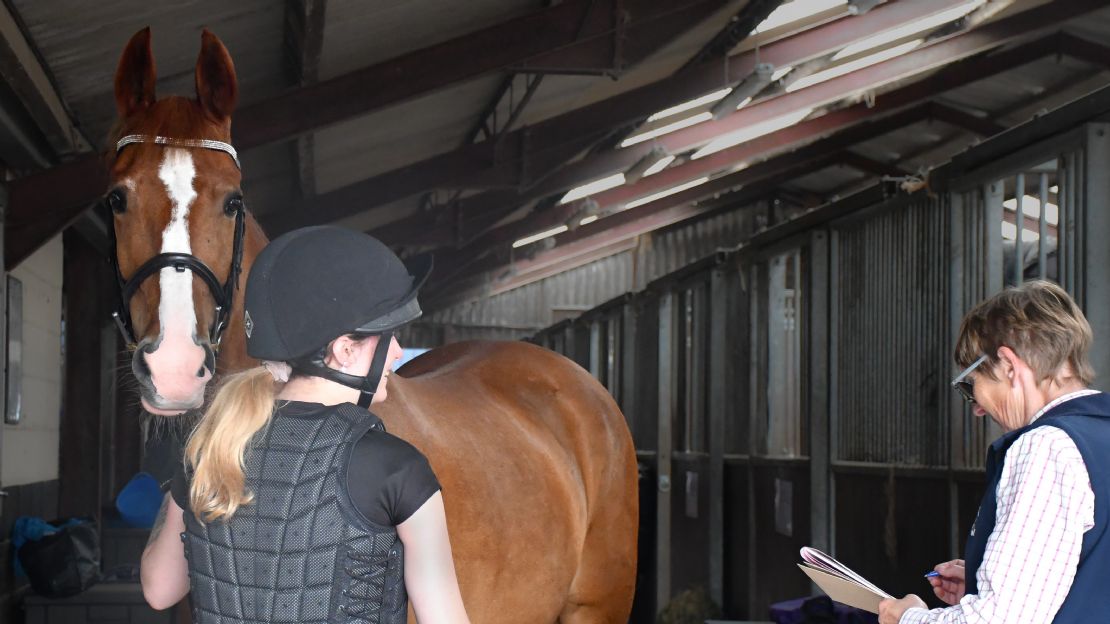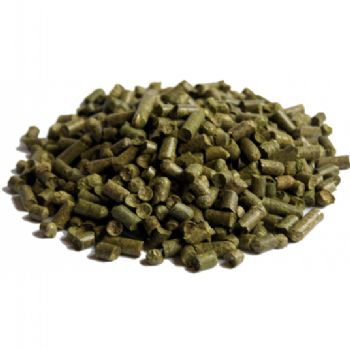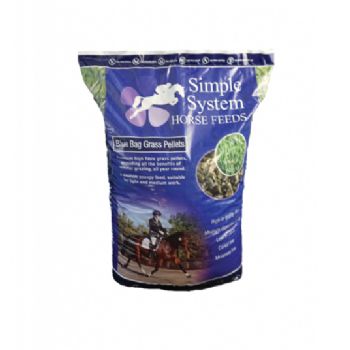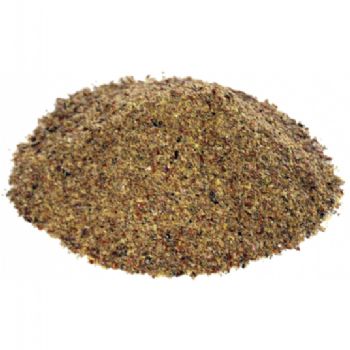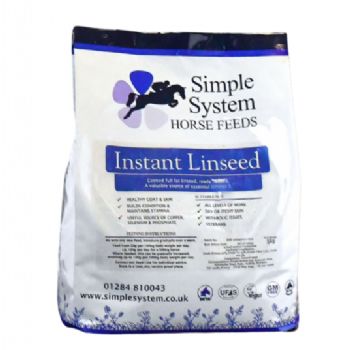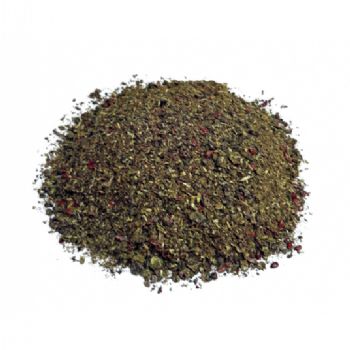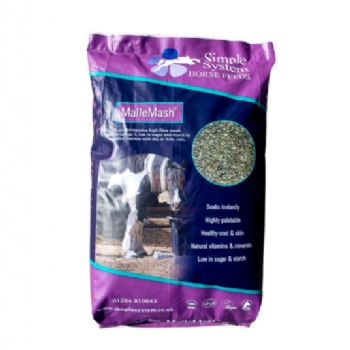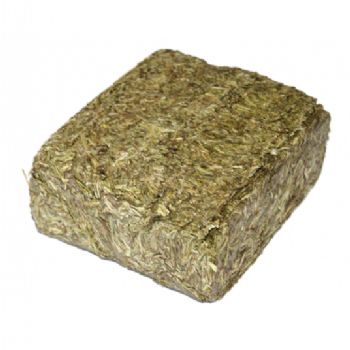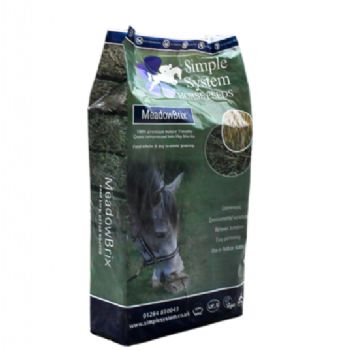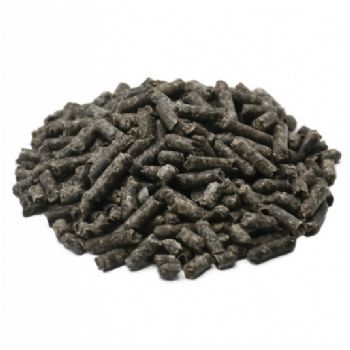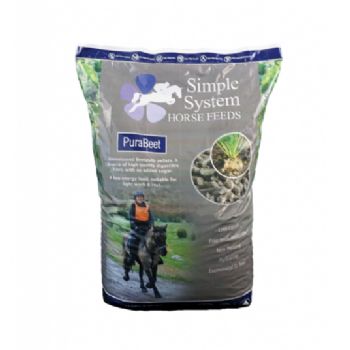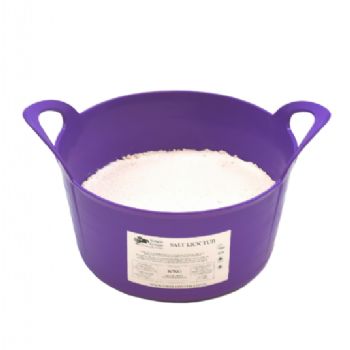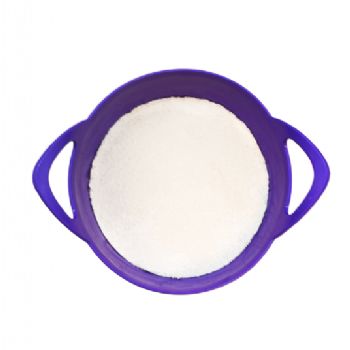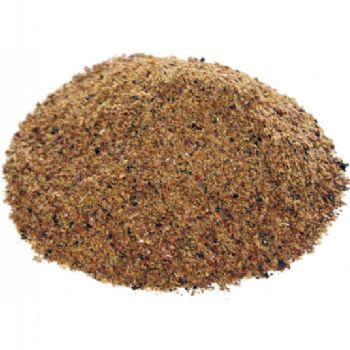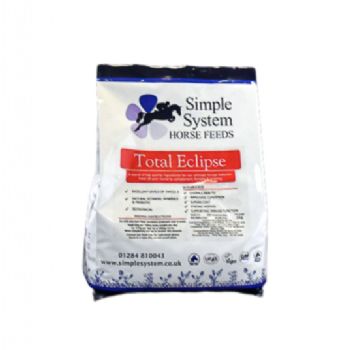When horses are prone to tying up, it is important to keep their metabolism off the anaerobic, glucose pathway as this results in the formation of lactic acid, too much of which will trigger a tying up episode. If we can keep them on aerobic pathways, using free fatty acids as fuel, lactic acid and heat are not produced in the muscles and the risk of an episode of tying up is greatly reduced. It is thought that increasing oil in the diet will help keep them on the right sort of metabolism, as oils are digested to fatty acids. Soluble fibre and easily fermented hemi-cellulose are also reduced to free fatty acids, by fermentation by microbes. These types of fibre are found in high quality forages, such as young grass, and beet pulp. You can get the same effect as feeding oil by using these sources of fermentable fibre.
Increasingly, horses that tie up are being found to have an inherited problem called PolySaccharide Storage Myopathy (PSSM). Your vet will be able to diagnose this, or other closely related issues. The breeder, if known should be notified in order that they may take measures to limit the spread of the mutated gene. Feeding should be based on suitable forages, with cereals, molasses, pulses etc. avoided. Suitable oil should be used appropriately and not to excess. Correct feeding and daily exercise can have excellent results.
For horses prone to any form of muscle disorder - including PSSM, the following guide lines can be applied:
- Avoid sugary and starchy feeds, which are digested to glucose. These include cereals, pulses such as peas and soya, wheatfeed, molasses, corn syrup and so on.
- Make good use of sources of fermentable fibre naturally low in sugar such unmolassed beet pulp
- Avoid forages that are high in mature fibre that cannot be easily fermented, such as straw.
- Increase the nutritional density of the feed where necessary with ready cooked, full fat linseed (Instant Linseed). This is a good source of suitable calories and also an excellent source of the essential, anti-inflammatory, omega-3.
- Ensure the horse never goes longer than 2 hours without eating, in order to maintain a constant supply of appropriate energy, consistent blood sugar levels and to maintain good health of gut microbes.
- Check every ingredient on your feed bag label and be ruthless in rejecting any containing unsuitable ingredients. Your horses health is too precious to risk!
- Ensure your horse has free access to plain salt and fresh water at all times.
- Take particular care with mares when they are in season.
Simple System supported rider, Rebacca Duke, has a PSSM Type 1 horse - Welsh cob, Mr Finn. Watch the video to learn what Rebecca feeds.
Suitable products from the Simple System Range include Instant Linseed, Total Eclipse, Lunar Eclipse, PuraBeet, HayCare, Timothy Chop, MeadowBrix, Salt Lick Tub. If you're unsure which to choose, or would like advice specific to your horse's needs, contact the Feed Line on 01728 604 008. Alternatively, complete our advice request form here for a free Feed Plan.
